
Recommendation
Lean is a proven system for eliminating waste and cutting costs in production and management. Unfortunately, say MIT professor Deborah J. Nightingale and research scientist Jayakanth Srinivasan, the current “lean paradigm” is only a halfway measure for improving your enterprise in a meaningful way. They discuss their “beyond lean” program – already in use at 75 organizations – as a way to surpass expense reduction and transform an entire enterprise. The authors offer solid information, though it is sometimes repetitive and tangled in maddeningly complex, convoluted sentences. Nevertheless, these brilliant technical professionals do their best to explain abstruse points about an arcane subject. getAbstract recommends this sophisticated, substantive treatise to senior leaders looking to update their approach to lean strategies and institute meaningful, cost-saving change.
Summary
About the Authors
Professor Deborah J. Nightingale directs MIT’s Center for Technology, Policy and Industrial Development. Jayakanth Srinivasan is a research scientist at its Lean Advancement Initiative.








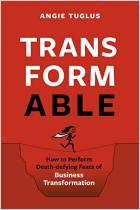
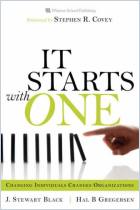

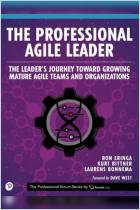
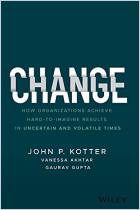
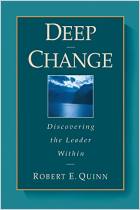





Comment on this summary or Iniciar a Discussão